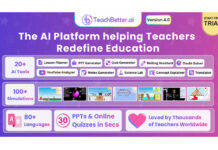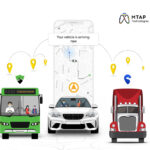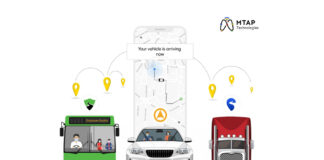– Dr. P. Prasant, Founder of PCSM and Education Mentor
In today’s rapidly evolving world, the need for education that goes beyond traditional methods has never been more critical. Project-based learning (PBL) is emerging as a powerful alternative, empowering students to engage in real-world problems and apply their knowledge practically. This innovative approach is transforming classrooms and reshaping how students learn and prepare for future challenges.
Unlike conventional teaching methods where students passively absorb information, PBL encourages active participation, collaboration, and critical thinking. Students are tasked with tackling complex, open-ended projects that require them to research, create, test, and present solutions. From designing sustainable cities to developing apps that solve community problems, PBL gives students a chance to engage deeply with subjects and learn through experience rather than rote memorization.
One of the key benefits of project-based learning is that it fosters problem-solving skills. In a world facing challenges like climate change, pandemics, and social inequality, the ability to think critically and devise innovative solutions is essential. PBL also promotes collaboration, as students often work in teams, learning how to communicate, negotiate, and share responsibilities effectively.
This hands-on approach to education also helps students develop a wide range of soft skills, such as time management, resilience, and adaptability. As they encounter setbacks in their projects, they learn how to pivot, iterate, and keep going—valuable life skills that will serve them well beyond school.
Across India, many schools are beginning to adopt PBL, with subjects like science, mathematics, history, and even languages being taught through this interactive method. Schools are using local community issues, environmental sustainability, or even art projects as starting points for deeper, interdisciplinary learning.
What sets PBL apart is its ability to connect learning to real life. Instead of merely memorizing facts for exams, students create tangible outcomes that have real-world relevance. This sense of purpose and achievement motivates them, making learning far more engaging and meaningful. They see firsthand how their work can impact society, driving home the importance of education in the modern world.
In a world increasingly dominated by technology and automation, PBL also helps students prepare for careers that require creativity, critical thinking, and technical skills. Whether they pursue engineering, business, or the arts, the project-based learning experience equips them with a broad toolkit of skills to thrive in a constantly changing job market.
The rise of project-based learning represents a significant shift in how we view education. It’s not just about preparing students for exams, but preparing them for life. By teaching students to think critically, collaborate, and solve real-world problems, we’re empowering them to shape the future.












